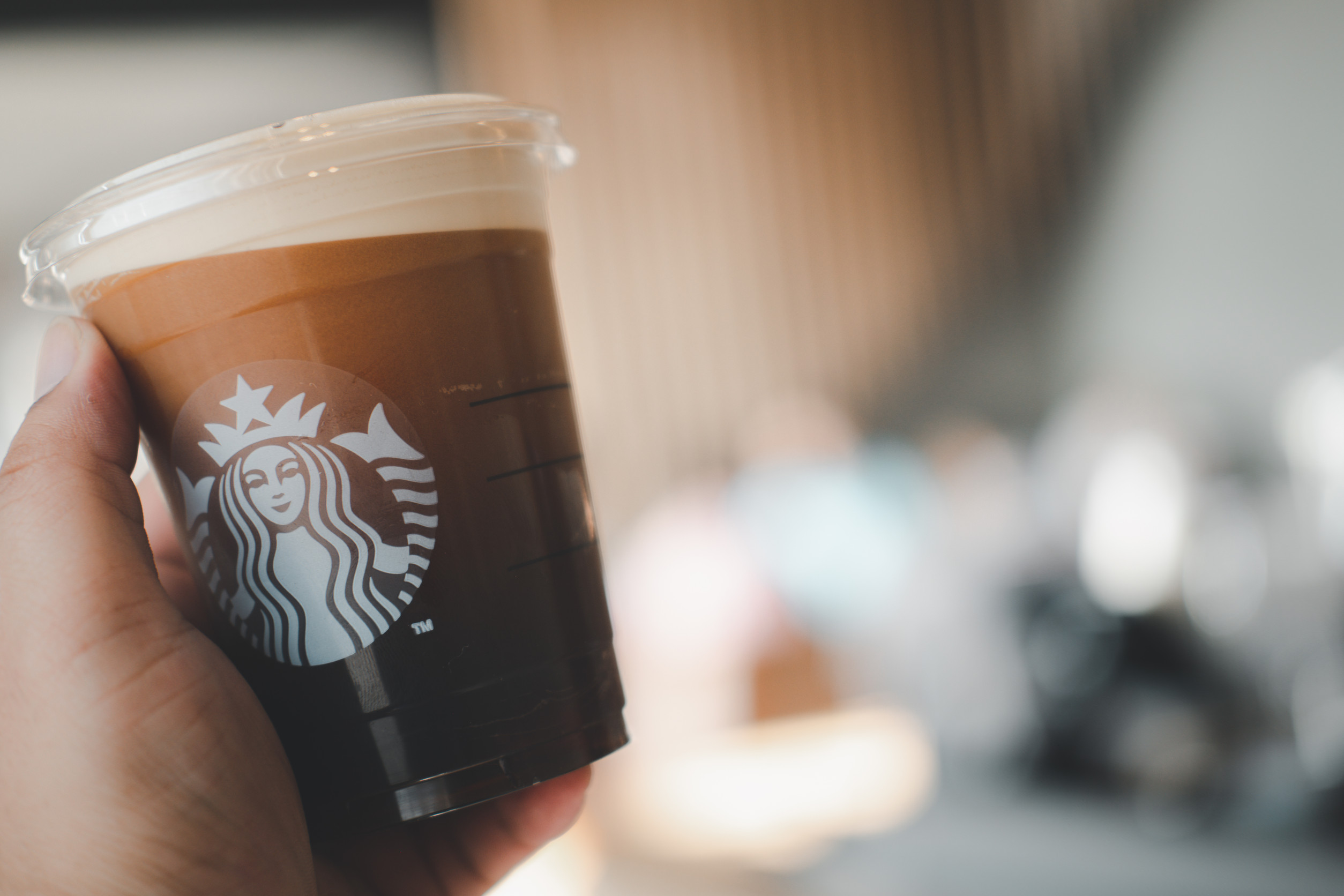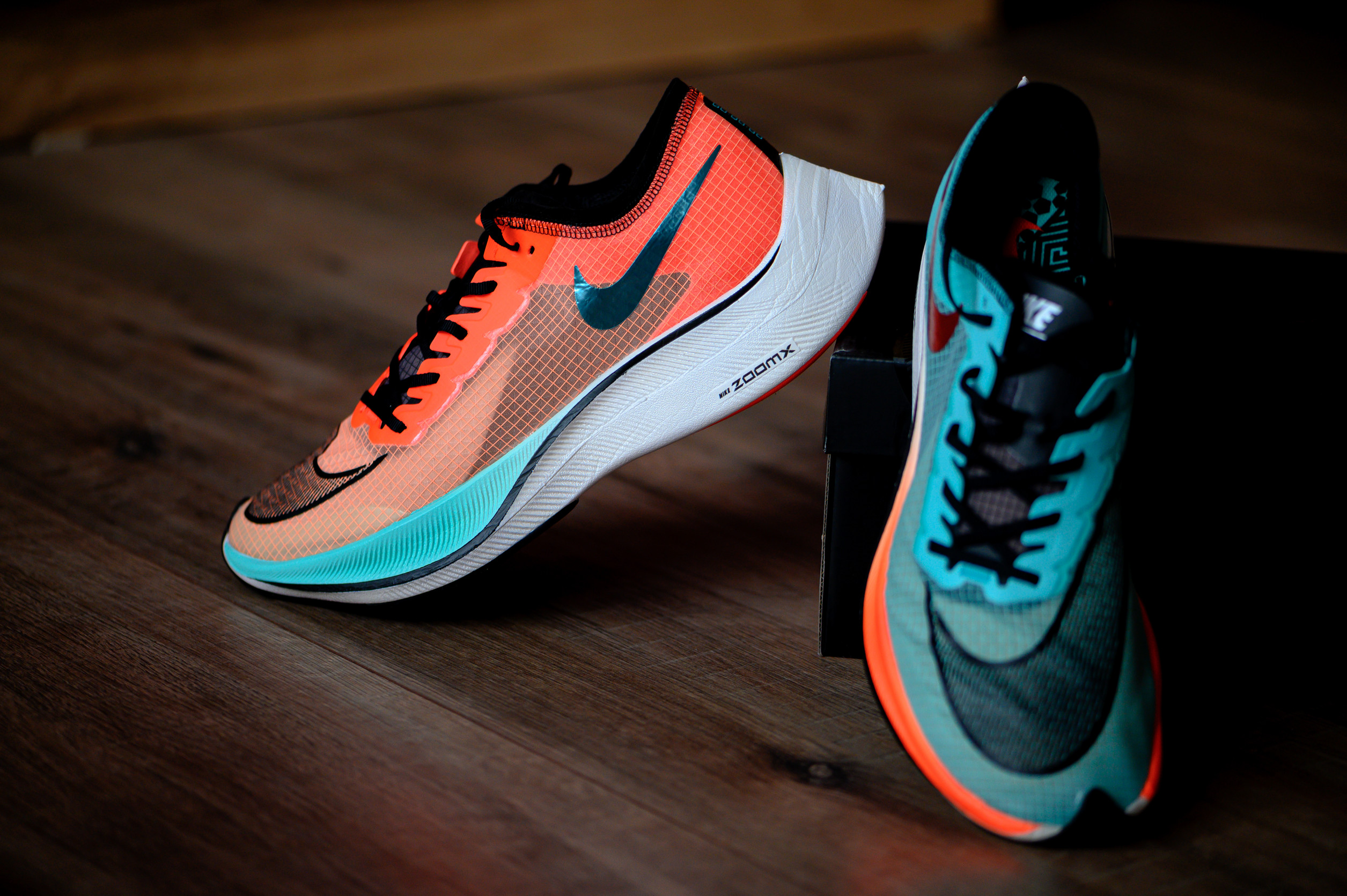
The flashing lights, the chiming slot machines, the rush of dopamine when a win hits—casinos know exactly how to hook people and keep them coming back for more. But this psychological magic didn’t stay in Vegas. It quietly crept into retail, hospitality, and even digital platforms under the guise of “loyalty programs.”
These programs may look harmless—just a few perks, some discounts, and a friendly point system—but many of them are built on the same psychological mechanics that drive people to keep gambling. From variable rewards to tiered exclusivity, here are eight loyalty programs that took a page right out of the casino playbook.
1. Starbucks Rewards: The Coffee Shop Jackpot
The Starbucks Rewards program runs on a point system eerily similar to a slot machine—every purchase gives stars, but the exact rewards depend on how much is spent and how often. This variable reward schedule, which is core to casino design, creates a habit loop of anticipation and gratification. Users can rack up stars for free drinks or food, but the system cleverly encourages them to reload more money into their digital wallet, often before their balance runs out. That preload strategy is pure casino psychology, akin to gamblers using chips instead of cash to feel less aware of real spending. Starbucks has created a system that doesn’t just reward customers—it trains them.
2. Delta SkyMiles: The VIP High Roller Treatment
Delta’s SkyMiles program mirrors the exclusivity of casino loyalty schemes, with multiple tiers that offer escalating privileges. From free checked bags to priority boarding and exclusive lounges, the perks are designed to trigger status-driven behavior. Psychologically, it mirrors the VIP rooms of casinos—only the most loyal players (or flyers) get in. This hierarchy taps into loss aversion, where travelers fear losing a hard-earned Medallion status and will go out of their way—sometimes irrationally—to maintain it. It’s no coincidence that this mirrors the comp system used in casinos to keep their best gamblers playing.
3. Amazon Prime: A Subscription That Feels Like a Win
Amazon Prime isn’t a traditional loyalty program, but it thrives on the same reinforcement patterns found in casinos. The “free” shipping, exclusive deals, and members-only content all act like small, frequent payouts that justify continued engagement. Once enrolled, customers are more likely to shop with Amazon, not just out of convenience, but because their sunk cost bias has been activated—they’ve paid already, so they might as well keep using it. This creates a loop similar to gamblers chasing losses or sticking around for one more spin. The psychological anchoring of benefits to membership sustains a deeply habitual shopping pattern.
4. Sephora Beauty Insider: Gamifying Glamour
Sephora’s Beauty Insider program uses a combination of variable rewards, exclusivity, and psychological gamification to mirror casino strategies. Customers earn points for every purchase and can redeem them for products, experiences, or early access to launches. What’s most casino-like is the perception of urgency—limited-time offers and member-only windows trigger a fear of missing out. Sephora also uses tiered membership, with “Rouge” status at the top, tapping into aspirational behavior much like a casino rewards its whales. By converting shopping into a point-scoring game, Sephora makes every swipe of the card feel like pulling a lever.
5. Marriott Bonvoy: Hotel Points with House Odds
Marriott’s Bonvoy program turns hotel stays into a gamified experience, full of bonuses, surprises, and tiered status levels. Guests can earn points for stays, upgrades, dining, and even referring friends, creating a multi-faceted engagement system. The psychological element is clear: the more often someone stays, the closer they get to elite perks, much like casinos encouraging return visits with comped nights. Dynamic pricing of point redemptions introduces uncertainty, a core psychological trigger in gambling environments. Even expiration deadlines on points foster the “use it or lose it” pressure that keeps people booking, even when they may not need to.
6. Chick-fil-A One: The Fast-Food Frequency Fix
Chick-fil-A’s loyalty program uses tier-based incentives that reward frequency and spending, subtly pushing customers to dine more often. The more one spends, the more points earned, which can be redeemed for menu items—but with a twist. The program also rewards “surprise treats,” a tactic borrowed directly from casino psychology known as intermittent reinforcement. These unexpected rewards spike dopamine and make the experience feel more personal and emotionally gratifying. Over time, customers aren’t just buying lunch—they’re chasing the next unexpected delight, just as gamblers chase the next win.
7. Nike Membership: Just Do It Again (and Again)
Nike’s loyalty program may appear sleek and sports-oriented, but beneath the surface lies a strong behavioral influence akin to casino dynamics. Members get access to exclusive products, early drops, and personalized content, which creates a sense of scarcity and urgency—hallmarks of gambling psychology. Push notifications and app nudges act like digital slot machines, regularly offering just enough value to bring customers back. The element of gamification—tracking workouts, rewards for app engagement, and community recognition—keeps users hooked through a cycle of effort and reward. It’s not just retail—it’s behavioral conditioning dressed in athletic wear.

8. Ulta Ultamate Rewards: Beauty With a Behavioral Hook
Ulta’s loyalty system gives users points that grow in value the more they spend, creating a psychological loop tied to maximizing reward efficiency. Like casino point systems, this creates a sense of progression and achievement, reinforced by escalating tiers such as “Platinum” and “Diamond.” Exclusive sales, double points events, and birthday perks make the experience feel unpredictable and celebratory. The unpredictability of when bonus events occur keeps users checking the app or emails, a form of variable reinforcement straight out of the slot machine playbook. It’s no coincidence that users often describe the program as “addictive.”
Loyalty Built to Hook
These loyalty programs might wear the mask of customer appreciation, but their designs are often rooted in the same psychological triggers that power the casino industry. Intermittent rewards, escalating tiers, fear of loss, and urgency are all tactics proven to keep people engaged—and spending. The goal isn’t just to encourage repeat business; it’s to train behavior and form habits.
While these programs can deliver real value, understanding their design helps consumers stay aware of when they’re being nudged versus when they’re making a clear choice.
What are your thoughts on loyalty programs? Share your experiences or favorite examples in the comments below.
Read More
10 Loyalty Cards That Track More Than Your Purchases
10 Company Loyalty Programs That Actually Cost You More
The post 8 Loyalty Programs That Were Modeled After Casino Psychology appeared first on Everybody Loves Your Money.







